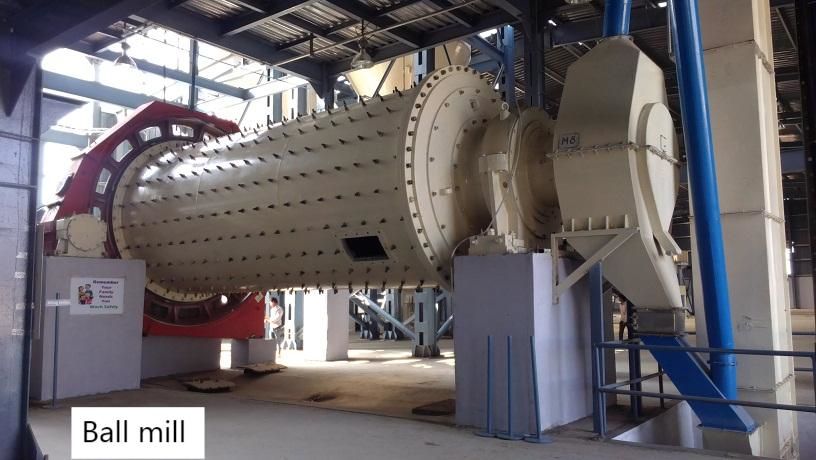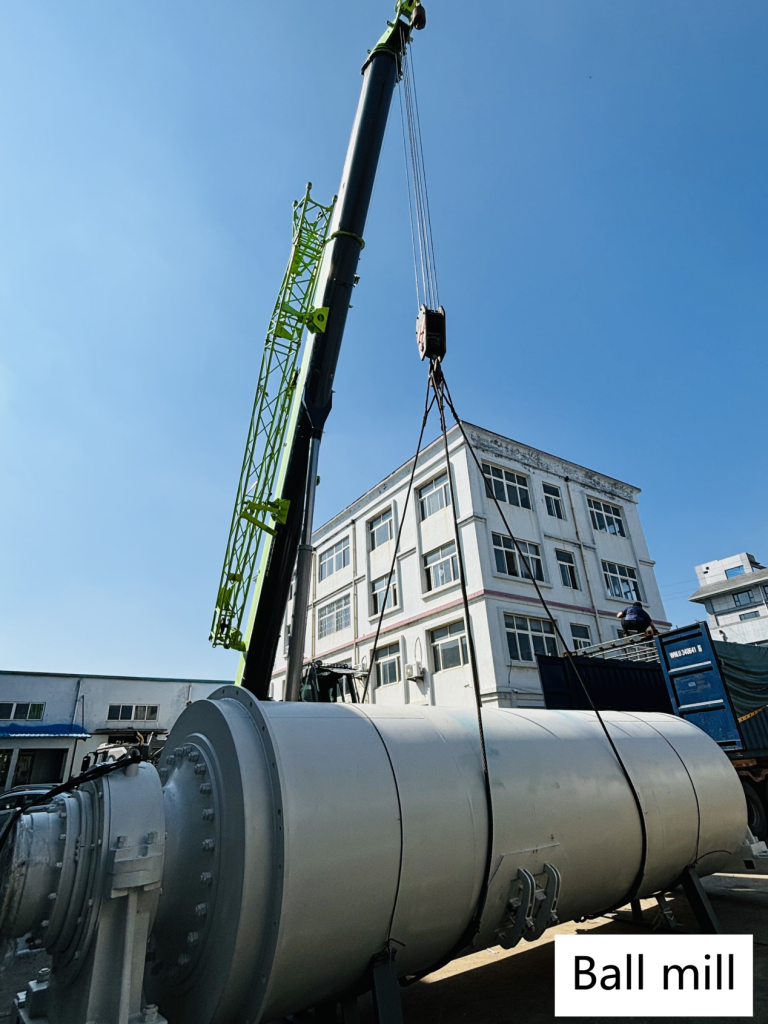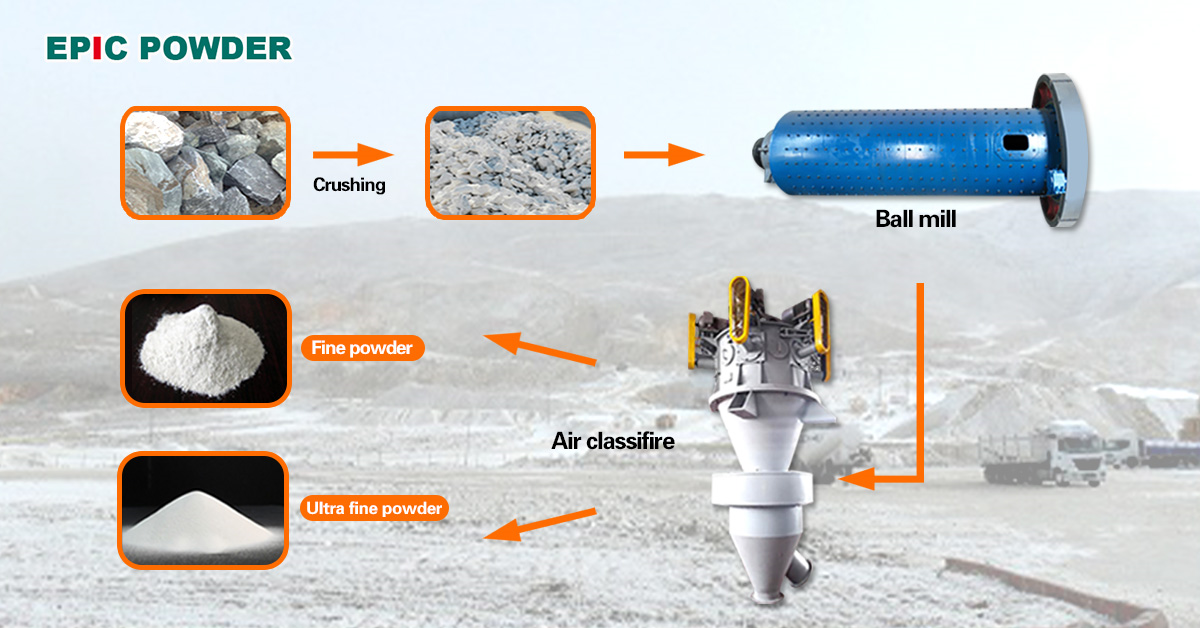Ball mill is widely used in various industries for grinding materials into fine powders. However, due to some reasons, it may generate excessive heat during operation, then impact both grinding efficiency and finished products. So understanding the causes of heating of ball mill is crucial for optimizing its performance and preventing potential damage. Below are the main factors leading to ball mill heating:
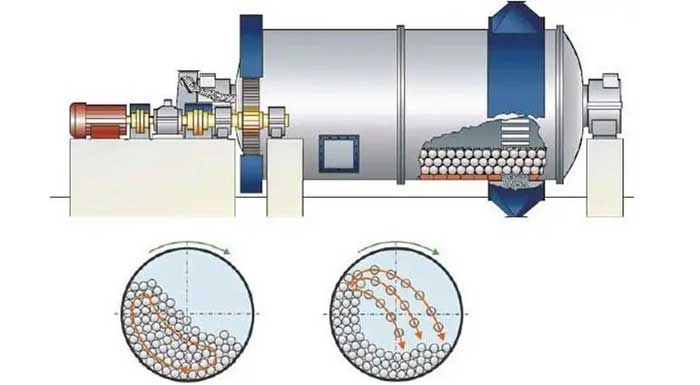
1. Internal collision
The grinding process of ball mill involves the collision of ball-to-ball and ball-to-material. The collision results in significant internal friction, which generates heat.
① Operating frequency: higher operating frequency increases the kinetic energy of balls, leading to greater collision and more heat. For instance, at an operating frequency of 30Hz, temperature can rise significantly.
② Quantity of balls: the amount of material and balls in the mill affects how much energy is dissipated as heat. More ball filling can lead to more collision, then generate more heat.
2. Property of material
✱Material hardness: harder material requires more energy to grind, resulting in more collision and heat.
✱Moisture content: if material contains too much moisture, the heat generated during grinding process cannot be carried out of the mill through water vapor, causing more heat.
3. Cooling system
Ball mill generally lacks effective cooling system, causing more heat. Water injection systems or cooling nozzle can help dissipate heat and control temperature.
4. Issue of lubrication
Proper lubrication is essential for reducing friction between moving parts.
Bearing temperature: insufficient lubrication would cause overheating of bearing and cause more heat inside ball mill.
5. Mechanical misalignment
Misalignment between components can cause uneven wear and increased friction, leading to higher temperature during operation. In addition, large mills may result in foundation settling over time, causing misalignment that increases operational strain and more heat.
6. Overload of material
During the operation of ball mill, if material overloaded, the energy required for operation will increase accordingly, and molecular movement generated by the friction of mill components will become more frequent and intense, resulting in a rise in temperature. In addition, material with large particles will generate more friction, causing more heat.
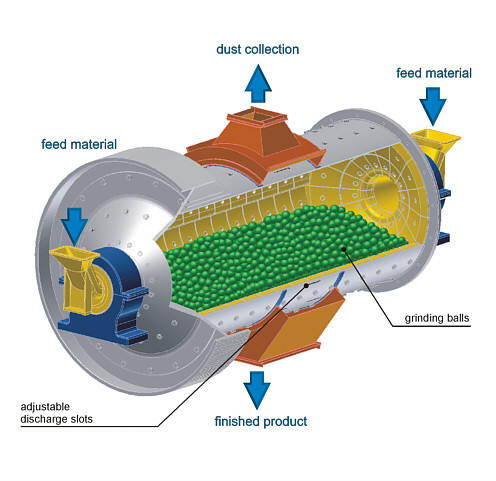
Conclusion
Controlling the heat during ball mill operation is essential to ensure the normal operation of the equipment and extend its service life. Understanding the causes of heat generation during operation can help to avoid overheating in actual application.
Qingdao Epic Powder Machinery Co., Ltd. is a manufacturer specializing in the production of powder processing equipment.
Its products include:
– Mill: ball mill, roller mill, jet mill, air classifier mill, vibration mill and impact mill etc.
– Classifier: four series of air classifiers: HTS, ITC, MBS and CTC.
– Modifier: pin-mill modifier, turbo-mill modifier and three-roller modifier etc.
– Auxiliary equipment: control cabinet, dust collector and bucket elevator etc.
– Customers can also customize according to their needs, one customer one design.
If you have relevant needs or questions, please contact staff from Qingdao Epic directly, they are always at your service.
Below are photos of ball mill from Qingdao Epic for your reference.
